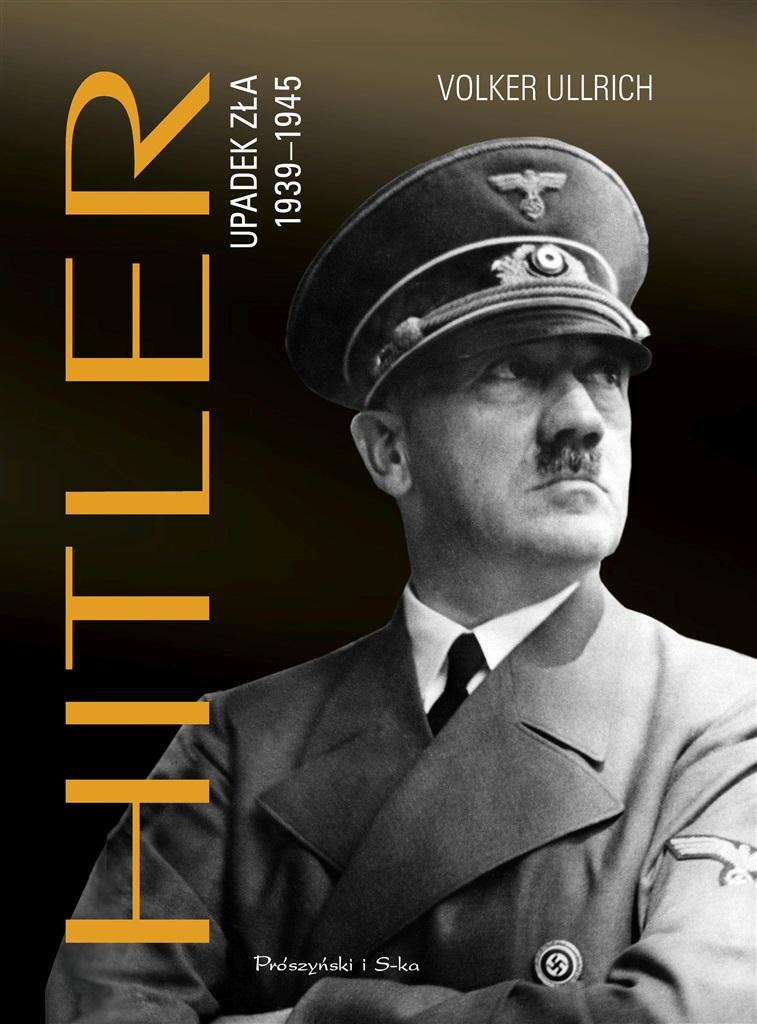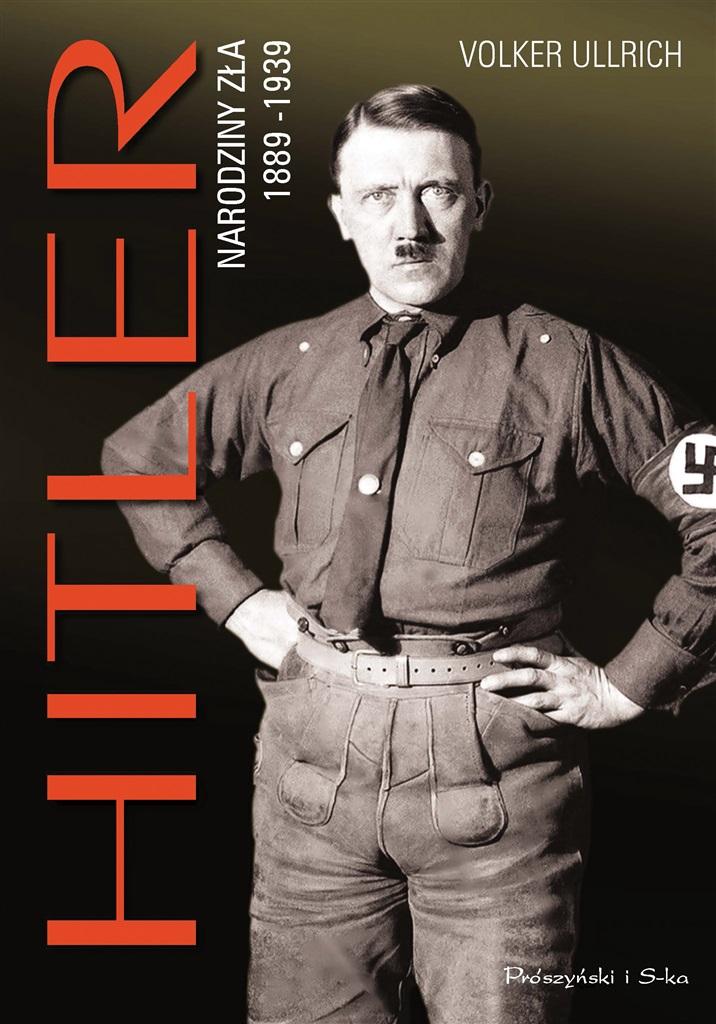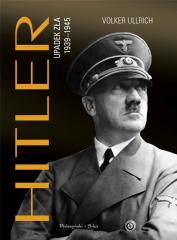Stan książek
Nasze książki są dokładnie sprawdzone i jasno określamy stan każdej z nich.






Nowa
Książka nowa.





Używany - jak nowa
Niezauważalne lub prawie niezauważalne ślady używania. Książkę ciężko odróżnić od nowej pozycji.





Używany - dobry
Normalne ślady używania wynikające z kartkowania podczas czytania, brak większych uszkodzeń lub zagięć.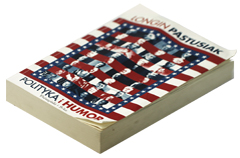





Używany - widoczne ślady użytkowania
zagięte rogi, przyniszczona okładka, książka posiada wszystkie strony.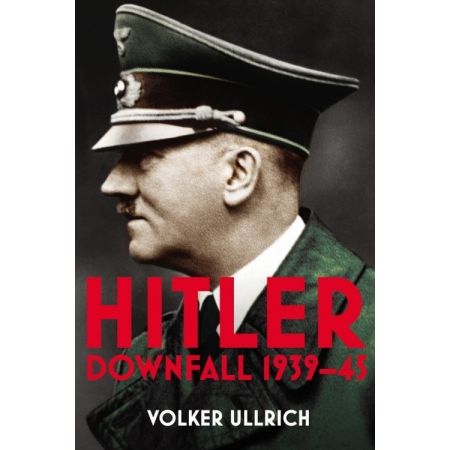
Hitler Downfall 1939-45
DODAJ DO LISTY ŻYCZEŃ
Masz tę lub inne książki?
Sprzedaj je u nas
In the summer of 1939 Hitler was at the zenith of his power. The Nazis had consolidated their authority over the German people, and in a series of foreign-policy coups, the Führer had restored Germany to the status of a major Continental power. He now embarked on realising his lifelong ambition: to provide the German people with the living space and the resources they needed to flourish and exterminate those who were standing in the way – the Bolsheviks and the Jews. Yet despite the initial German triumphs – the quick defeat of Poland, the successful Blitzkrieg in the west – the war set in motion Hitler’s downfall. With the attack on the Soviet Union in June 1941 and the entry of the United States into the war later that year, Nazi Germany’s fortunes began to turn: it soon became clear that the war could not be won. As in the earlier volume, Volker Ullrich offers fascinating insight into the personality of the Führer, without which we fail to understand the course of the war and the development of the Holocaust. As Germany’s supreme military commander, he decided on strategy and planned operations with his generals, involving himself in even the smallest minutiae. And here the key traits – and flaws – of his personality quickly came to the fore. Hitler was a gambler who put everything on one card; deeply insecure, he was easily shaken by the slightest setback and quick to blame his subordinates for his own catastrophic mistakes; and when he realised that the war was lost, he embarked on the annihilation of Germany itself in punishment of the German people who had failed to hand him victory. In September 1939, Hitler declared that he would wear a simple military tunic until the war was won – or otherwise, he would not be there to witness the end. On 30 April 1945, as Soviet troops closed in on his bunker in Berlin, Hitler committed suicide; seven days later, Germany surrendered. Hitler’s murderous ambitions had not just destroyed Germany: they had cost the lives of tens of millions of people throughout Europe.
Wybierz stan zużycia:
WIĘCEJ O SKALI
In the summer of 1939 Hitler was at the zenith of his power. The Nazis had consolidated their authority over the German people, and in a series of foreign-policy coups, the Führer had restored Germany to the status of a major Continental power. He now embarked on realising his lifelong ambition: to provide the German people with the living space and the resources they needed to flourish and exterminate those who were standing in the way – the Bolsheviks and the Jews. Yet despite the initial German triumphs – the quick defeat of Poland, the successful Blitzkrieg in the west – the war set in motion Hitler’s downfall. With the attack on the Soviet Union in June 1941 and the entry of the United States into the war later that year, Nazi Germany’s fortunes began to turn: it soon became clear that the war could not be won. As in the earlier volume, Volker Ullrich offers fascinating insight into the personality of the Führer, without which we fail to understand the course of the war and the development of the Holocaust. As Germany’s supreme military commander, he decided on strategy and planned operations with his generals, involving himself in even the smallest minutiae. And here the key traits – and flaws – of his personality quickly came to the fore. Hitler was a gambler who put everything on one card; deeply insecure, he was easily shaken by the slightest setback and quick to blame his subordinates for his own catastrophic mistakes; and when he realised that the war was lost, he embarked on the annihilation of Germany itself in punishment of the German people who had failed to hand him victory. In September 1939, Hitler declared that he would wear a simple military tunic until the war was won – or otherwise, he would not be there to witness the end. On 30 April 1945, as Soviet troops closed in on his bunker in Berlin, Hitler committed suicide; seven days later, Germany surrendered. Hitler’s murderous ambitions had not just destroyed Germany: they had cost the lives of tens of millions of people throughout Europe.

